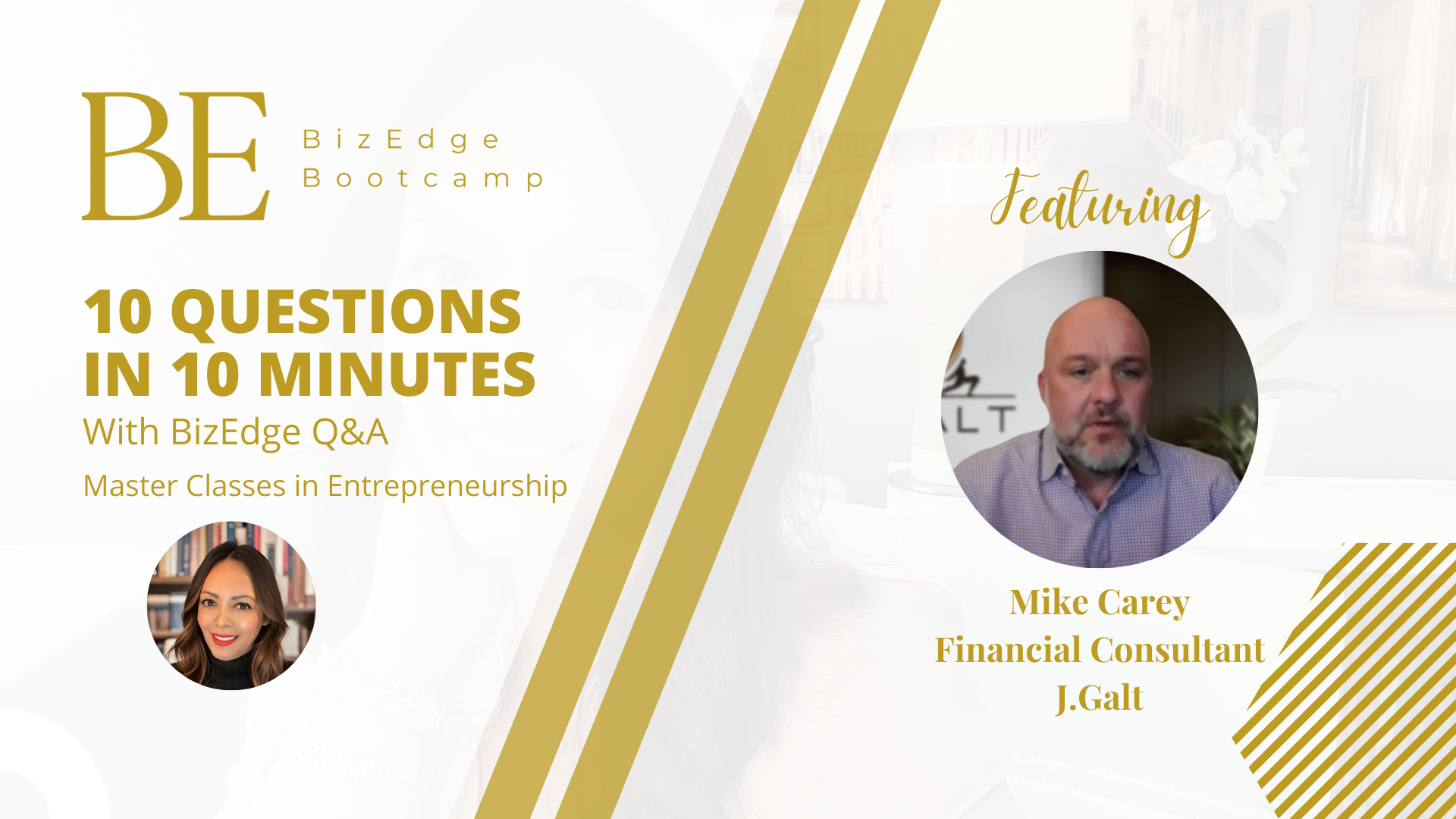Empowering Your Entrepreneurial Journey: From Idea to Success
A comprehensive guide to starting a business, covering everything from developing a business idea to legal steps, financial planning, branding and marketing strategies, protecting your business assets, and learning and growth strategies.
Introduction to Starting a Business
Starting a business is a thrilling yet daunting journey encompassing a range of steps from the initial idea to execution. It requires meticulous planning, preparation, and a deep market understanding. To develop a solid business idea, entrepreneurs must evaluate their personal strengths, assess market demands, understand the competition, and ensure financial feasibility. It's also crucial to grasp the risks and rewards associated with entrepreneurship to set realistic expectations and goals. Such insight helps navigate the complex landscape of launching a new venture with more confidence and direction.
Developing Your Business Idea
One of the first steps in turning your business concept into reality is conducting a SWOT analysis. This strategic planning technique helps identify the Strengths, Weaknesses, Opportunities, and Threats related to your business idea, enabling you to make well-informed decisions. For instance, if you're considering opening a coffee shop, a SWOT analysis could reveal a strong community interest in locally sourced coffee (a strength) but also highlight the presence of established coffee shops as a significant threat.
Testing your business idea is another crucial step. Utilize market research, surveys, and focus groups to gather insights into customer preferences and needs. This feedback can be invaluable in refining your business concept. For example, through surveys, a budding e-commerce entrepreneur might discover a high demand for eco-friendly packaging, which could become a unique selling point for their online store.
Legal Steps for Starting Your Business
Understanding and complying with legal requirements is essential when starting a business. This may involve consulting with legal professionals or leveraging online resources to choose the right business structure, such as a sole proprietorship, LLC, or corporation. Each structure has different implications for liability, taxes, and regulatory obligations.
Moreover, ensuring compliance with zoning laws, industry-specific regulations, and tax obligations from the outset can prevent costly legal issues. A practical example is the need for a home-based business to adhere to local zoning laws, which may restrict certain business activities or require specific permits.
Financial Planning and Management
A detailed financial forecast is crucial for planning your business and securing funding. This forecast should include startup costs, operating expenses, and revenue projections. A contingency plan is also vital to manage unexpected expenses or revenue shortfalls. Monitoring key financial metrics helps make informed decisions and adapt to market changes. For instance, a tech startup may need to adjust its marketing expenditures based on the initial user acquisition cost and revenue per user.
Branding and Marketing Strategies
Developing a compelling brand story and implementing a multi-channel marketing approach can significantly impact your startup's success. A strong brand story that resonates with your target audience can build brand loyalty and recognition. For example, a startup focusing on sustainable products can emphasize its commitment to environmental conservation as part of its brand story.
Marketing strategies should be analyzed and optimized based on analytics and customer feedback. This could involve adjusting social media campaigns to focus more on platforms where the target audience is most active, thereby improving engagement and customer acquisition.
Protecting Your Business Assets
The right business insurance coverage is critical to mitigate financial losses from unforeseen events. Different types of insurance, such as liability, property, and professional indemnity insurance, can provide various levels of protection depending on your industry and specific risks.
Developing a cybersecurity plan is also essential to protect sensitive customer data and business information from cyber threats. This might include implementing secure payment processing systems for an e-commerce business to safeguard against data breaches.
Learning and Growth Strategies
Continuous learning and networking are crucial for entrepreneurs' personal and business growth. Engaging in professional development courses, attending industry conferences, and seeking mentorship can enhance one's skills and knowledge. Networking with other entrepreneurs and industry experts can open up new opportunities for collaboration and innovation.
Embracing innovation and adaptability in your business strategy can help you stay ahead of competitors and capitalize on emerging market trends. For instance, a retail business might explore e-commerce to adapt to changing consumer shopping behaviors.
Conclusion: Empowering Your Business Journey
Starting a business is a transformative journey filled with challenges, learning, and opportunities. It requires dedication, resilience, and a willingness to learn and adapt. BizEdge Bootcamp offers a comprehensive platform to support entrepreneurs with courses, videos, books, templates, and more, empowering you to succeed in today's competitive landscape. Take the next step in your entrepreneurial journey by exploring the resources at www.bizedgebootcamp.com.
Ready to lead with confidence and charisma, even without a business degree or corporate executive background? Join us at BizEdge Bootcamp! Our 'Think Like a CEO' course is designed to equip you with a success-driven mindset, while 'Mastering Soft Skills: The Key to Entrepreneurial Success' teaches you the essential interpersonal skills to thrive. Why wait to turn your passion into a powerhouse? Enroll now and start your transformation journey today!



Discover Stephen M.R. Covey's "Trust and Inspire" for actionable strategies for fostering trust and inspiring your team. Perfect for women business owners aiming to elevate their leadership style.